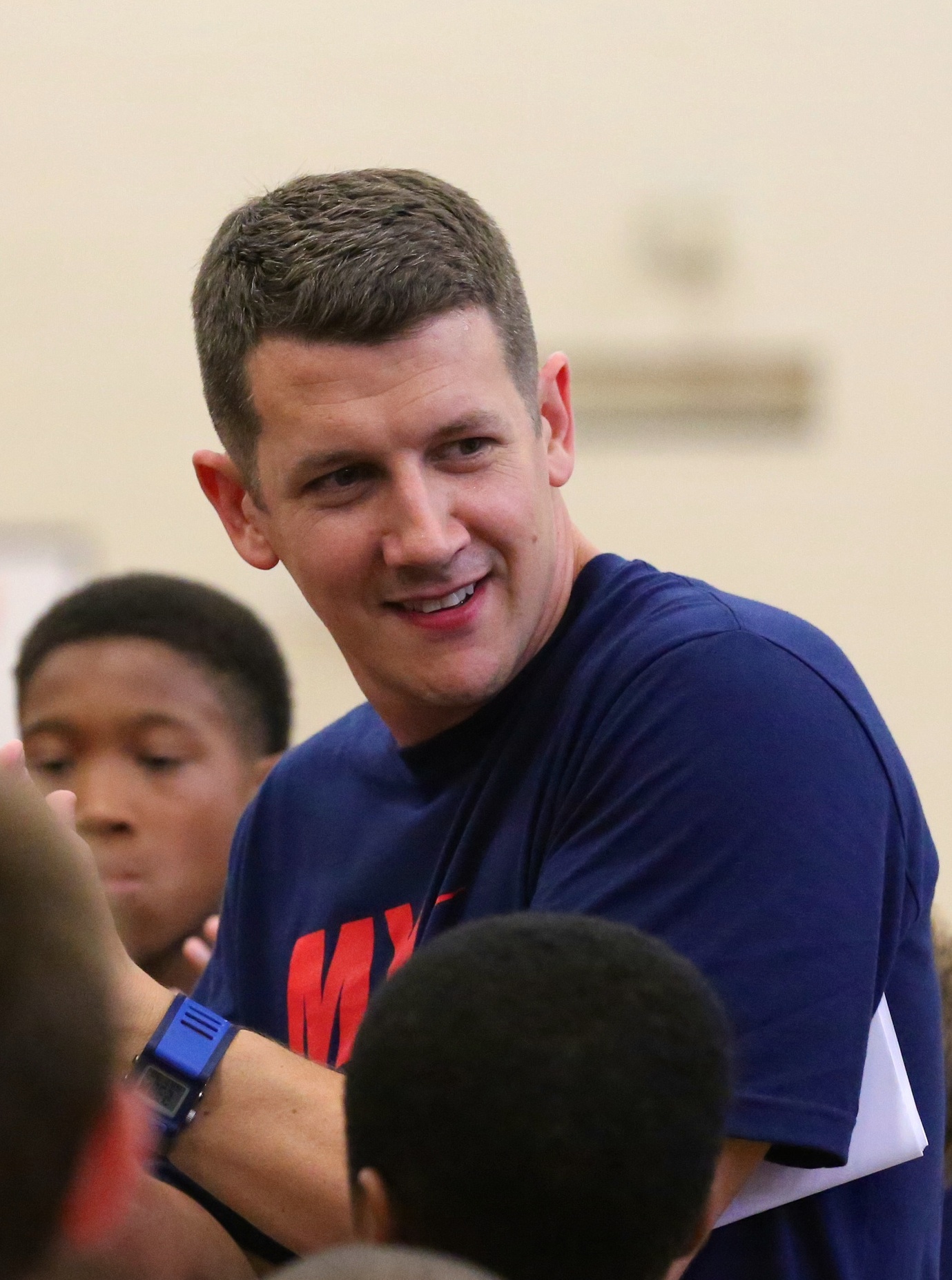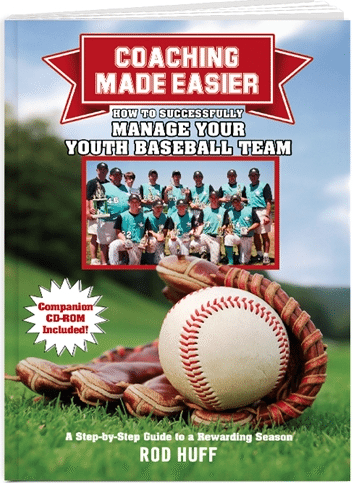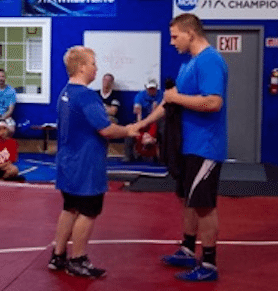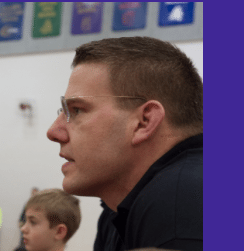90+% of all problems in youth sports could be eliminated if coaches(and parents) could remember, and act on, this one point:
‘It’s not about you. Or your win/loss record.’
Development>Winning
Fundamentals>Schemes
Individuals>’The program’
Yes, that’s right, I said it: Individuals>’The program.’ Coaches often misuse this concept. Team sports are awesome and powerful opportunities to learn about sacrifice, playing for someone other than yourself, and the whole ‘play for the name on the front of the jersey not the name on the back’ concept. But remember that is all from the player’s perspective. This is where coaches can lose perspective and confuse this. The best way to picture this is to ask this question:
‘If I could sacrifice the self-confidence and wellbeing of one of the players on my team so that the team could win a championship, would I do it?’
I think most would answer with an emphatic ‘No!’ Yet so many of the decisions around playing time, rewards/recognition, and who coaches focus their attention on is doing just this – tearing down the self-confidence of the children they coach. I’m not an advocate for equal playing time or ‘everybody gets a trophy’ – kids who work harder in the offseason absolutely deserve to play more than kids who don’t. But from a coach’s perspective – all decisions and actions need to factor in ALL the players on the team. It can be small things – Coach Drew Maddux, multi-time state champion at CPA in Nashville, TN – makes sure he talks to each player on his team and calls each one by name at every practice. And he doesn’t do cuts, so this can be 30+ kids at practice.
John Wooden often referred to his college coach at Purdue, Piggy Lambert, who when asked whether he had a successful season said:
‘Ask me in 20 years and we’ll see how successful these boys are. Then I’ll be able to tell you if I succeeded as a coach.’
Listen, I’m as competitive as the next guy, probably more so, but when I coach it’s not about me. My friend Alan Stein shared with his #1 rule to remember when coaching:
‘Always, always, always – do what is in the best interest of the player’







